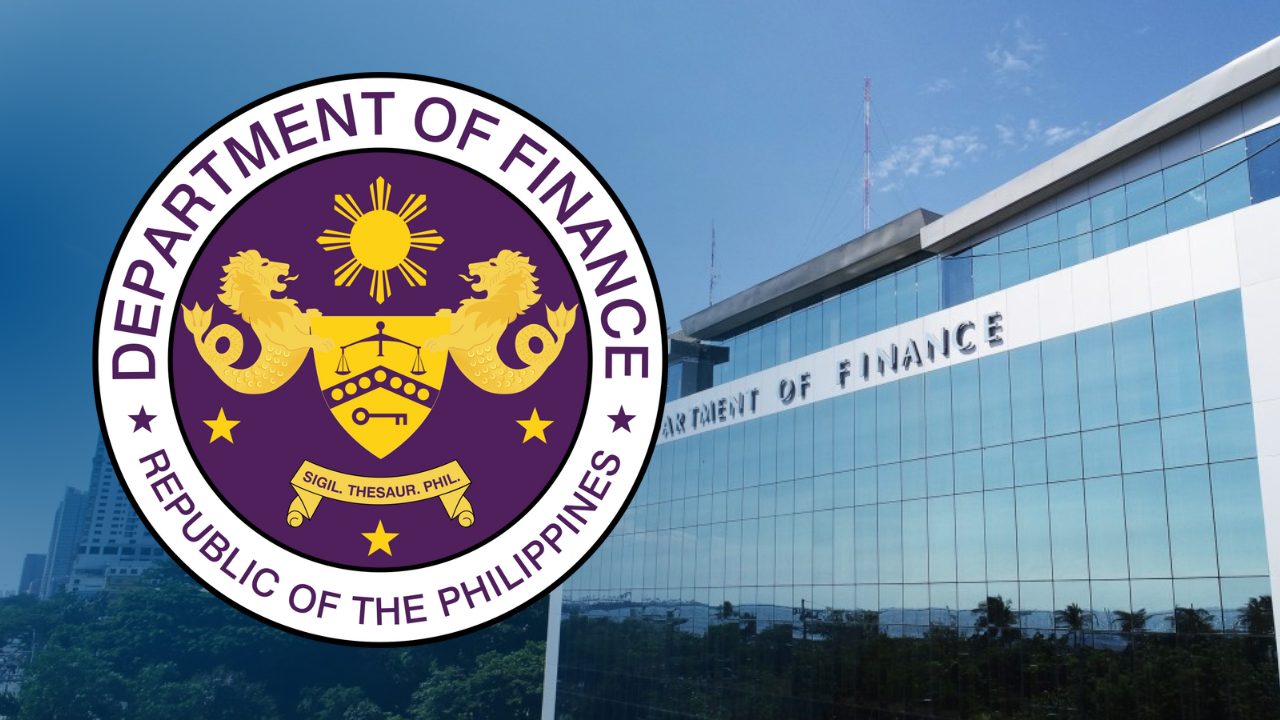
Department of Finance
The Department of Finance (DOF) said the country’s participation in the convention on Mutual Administrative Assistance in Tax Matters (MAAC) will help stop tax evasion and avoidance in the Philippines.
“We are very glad to finally have the MAAC in full force in the Philippines. To fund our people’s growing needs, we need more tools like this to enhance our revenue-generating capacity,” Finance Secretary Ralph Recto said in a statement on Thursday.
In a statement, Recto expressed support for the passage of Senate Resolution No. 139, which approves the Philippines’ participation in the Convention on MAAC.
READ: No new taxes, just better collection – Recto
Jointly developed by the Organisation for Economic Co-operation and Development (OECD) and the Council of Europe in 1988, the MAAC is the most comprehensive multilateral instrument available for all forms of administrative cooperation between signatories in the assessment and collection of taxes.
It has been signed by 147 countries and ratified by over 100 countries.
Recto expects that the MAAC will enhance tax administration in the country by providing access to data exchange, assessment, and enforcement tools with over a hundred partner countries.
Additionally, it will enable the Philippines to enter into agreements for simultaneous tax examinations and exchanges of information (EOI).
“With the MAAC in place, the Philippine government can access tax information of other jurisdictions; decrease the risk of a downgrade on the country’s tax transparency; and save time, financial, and human resources on treaty negotiations,” DOF said.
This will also allow the government to access third-party information to support assessment and enforcement programs like the Bureau of Internal Revenue’s Run After Tax Evaders (RATE) program.
Moreover, MAAC includes safeguards to ensure the confidentiality of information exchanged between tax authorities, protecting taxpayers’ right to privacy.